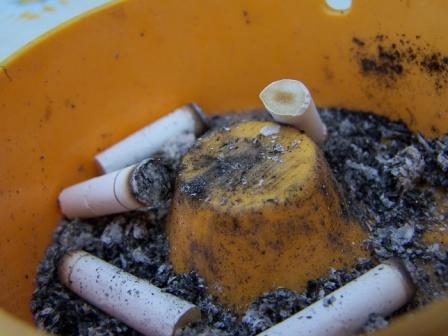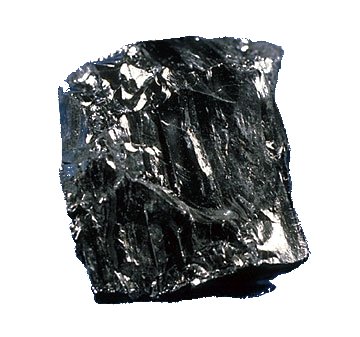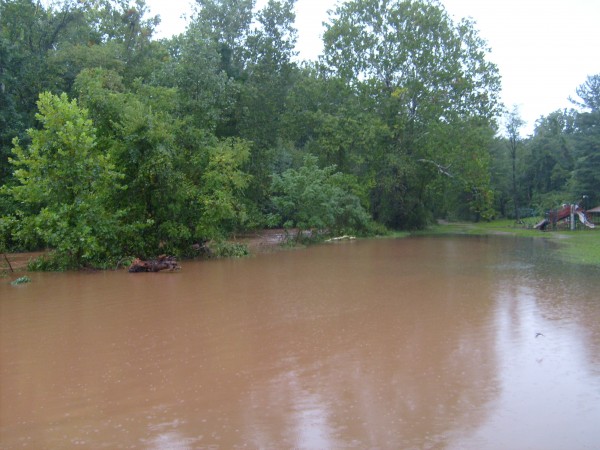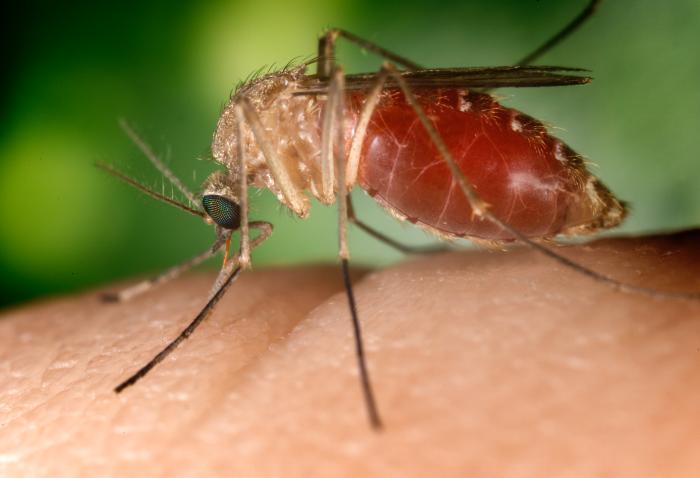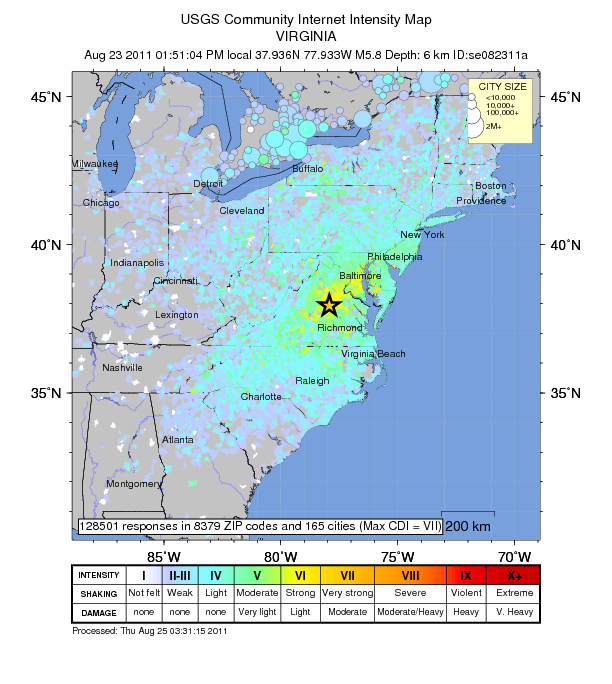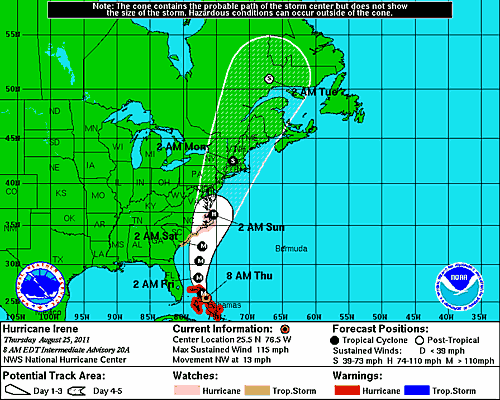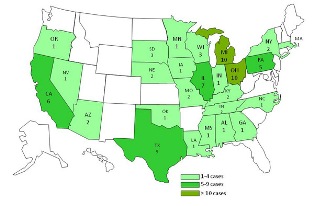FDA Completes First Round of Compliance Checks to Protect Children From Tobacco Products
Pennsylvania is one of the first 15 states to undergo compliance checks for new rules against selling tobacco products to minors under the 2009 Family Smoking Prevention and Tobacco Control Act. The Food and Drug Administration now oversees the marketing and sales of tobacco products.
Over three thousand establishments were inspected in Pennsylvania and over 120 warning letters were issued. Ann Simoneau Director of the FDA’s Office of Compliance and Enforcement for Tobacco Products says violators ranged from big chains to mom and pop stores. The new provisions of the laws include not selling to a minor, verifying the age of a purchaser if they’re less than 27 years of age by photo ID, and not giving away free samples of cigarettes.
Simoneau says they have a searchable database. People can go to the web site and see if a retailer was inspected and if they passed. She says they also post every warning letter, detailing what the violations were at each establishment.
They hope retailers will fully train employees about the new requirements of the law and stress the importance of not selling cigarettes to minors. Simoneau says while most in Pennsylvania passed the inspections, and they applaud those efforts, 120 establishments where kids can buy these tobacco products are still too many.
Simoneau hopes retailers will pay attention; continued violations can result in some hefty fines.


